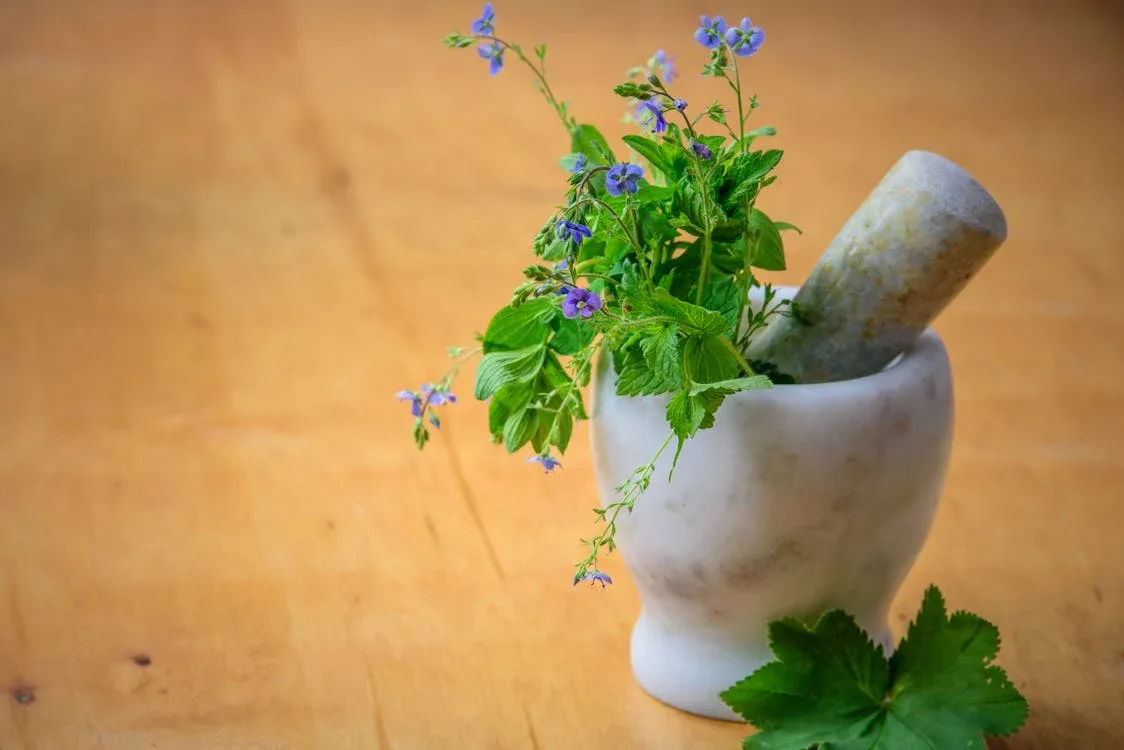5 minute read
Natural elixirs are indispensable in pursuing a balanced and healthful life. These powerful concoctions are steeped in tradition and validated by contemporary studies, offering a comprehensive approach to enhancing well-being. Throughout this article, we will explore various herbs, plants, and teas revered for their therapeutic properties, each uniquely contributing to overall health and vitality. But first, let’s talk about the real deal: why are we embracing natural elixirs and remedies more than ever, and do they work as advertised?
The Rising Popularity of Herbal Remedies and Alternative Therapies: Why the Shift?
In recent years, there has been a discernible shift towards herbal remedies and alternative therapies in our modern world. This trend has several underlying factors. Firstly, people increasingly seek treatments that align with a more natural lifestyle. Secondly, the internet has played a crucial role in this shift. Easy access to a wealth of information about the benefits and uses of various herbs and natural therapies empowers people to make informed decisions about their health.
But Do Natural Elixirs and Botanical Remedies Really Work?
The effectiveness of herbal remedies and alternative therapies can vary widely. However, numerous studies support the therapeutic benefits of certain herbs and natural treatments.
For instance, the efficacy of ginger in alleviating nausea is well-documented, and substances like curcumin in turmeric have been extensively studied for their anti-inflammatory properties.
Kratom, on the other hand, is recognized for its complex effects that cater to both mental and physical aspects of health. The powdered form of this herb can elevate mood and energy, creating a balance that leans neither too stimulating nor too sedative. As any Golden Monk Kratom Vendor or kratom researcher will tell you, this plant is an intriguing choice for those seeking to fine-tune their sense of well-being.
Moreover, these natural remedies often excel in preventive care—helping maintain health rather than treating illness. Many are put under scientific scrutiny for their effects on managing chronic conditions, enhancing wellness, and improving overall quality of life.
For example, St. John’s Wort is widely recognized for alleviating some depression and anxiety symptoms, with fewer issues compared to traditional antidepressants.
Similarly, Ginkgo Biloba is touted for improving cognitive function, particularly in the elderly, by enhancing cerebral blood flow and lowering dementia risk.
Echinacea is another herb known for its preventive capabilities, especially in boosting the immune system and preventing colds. Regular use during flu season can reduce the frequency and duration of infections.
Meanwhile, cinnamon, used for its anti-inflammatory and antioxidant properties, can help control blood sugar levels, making it a valuable supplement for those managing type 2 diabetes.
Milk thistle is prized for liver health, aiding detoxification and supporting liver regeneration. It’s particularly beneficial for those recovering from liver damage due to conditions like hepatitis or excessive alcohol consumption.
Aloe Vera, either consumed as a juice or used topically, offers extensive skin benefits, including wound healing and soothing skin afflictions like psoriasis and acne.
Green tea, a staple in longevity diets worldwide, is lauded for its high antioxidant content, which combats free radicals, reduces oxidative stress, and prevents cellular damage.
Peppermint is refreshing and therapeutically versatile. It aids in relieving digestive symptoms such as bloating and indigestion. The refreshing scent of peppermint can also enhance memory and increase alertness, making it a great pick-me-up during a midday slump. Peppermint can rejuvenate the mind and body, whether used as an essential oil or brewed into tea.
Lastly, chamomile and lavender are renowned for their calming properties, making them popular for promoting relaxation and improving sleep quality. Both herbs also offer anti-inflammatory benefits and can aid in reducing anxiety, enhancing their appeal as holistic remedies for overall well-being.
Nevertheless, it would help if you approached these treatments with a balanced perspective, recognizing that while they can offer significant benefits, they are not cure-alls, have side effects, and should be part of a broader health management strategy.
Actionable Steps to Integrate Herbal Remedies into Your Daily Life
By adopting a mindful approach to herbal remedies and recognizing their role in a holistic health strategy, we can harness their potential to foster better health and well-being. Let’s see how we can approach botanical and herbal remedies safely:
- Start by researching herbs that address your specific health concerns. Reliable sources include scholarly articles and books by certified herbalists.
- Always discuss any new herbal treatments with your doctor, especially if you have some documented health conditions or are taking other medications.
- Introduce one herb at a time and learn how it helps or affects you.
- Choose high-quality, organic herbal products from reputable sources to ensure safety and efficacy.
- Documenting your experiences can help track progress and refine your approach to using herbal remedies.
Do You Embrace Natural Elixirs for a Healthier Tomorrow?
Natural elixirs, from teas to herbs, offer diverse benefits that can significantly enhance our overall well-being. Each elixir brings its unique properties to the forefront, providing natural solutions to modern health challenges. When integrated safely and smartly into our daily routines, these powerful natural remedies support our physical health and nurture our mental and emotional balance. The journey to better health is ongoing and personal, and with these elixirs, we have the tools to support a vibrant, healthful life. Remember, the synergy between a balanced diet, regular physical activity, and these natural elixirs can set the foundation for optimal health.





